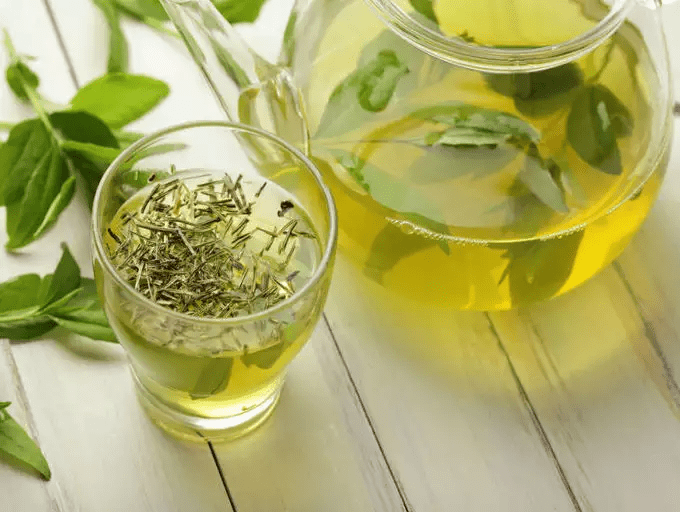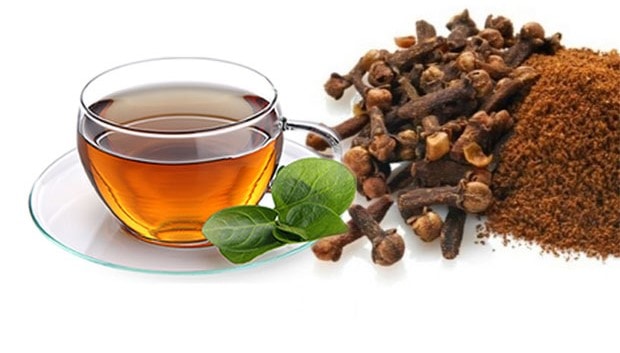Tea consumption has been a tradition in many cultures for thousands of years. Beyond its refreshing taste, tea has been associated with numerous health benefits, including improving cognitive function. The Tea Diet is a weight-loss plan that emphasizes the consumption of tea, which may lead to weight loss while also improving mental clarity and focus. In this article, we will explore the benefits of the Tea Diet on cognitive function and how it can improve mental performance.
What is the Tea Diet?

The Tea Diet is a weight loss plan that involves the consumption of tea to help reduce body weight. The diet encourages the consumption of at least four cups of tea a day, including green tea, oolong tea, and black tea. The tea is consumed throughout the day, with meals and as a snack. The diet also emphasizes a healthy, balanced diet and exercise for optimal weight loss results.
Benefits of Tea on Cognitive Function
Tea, particularly green tea, has been linked to numerous cognitive benefits. The primary active ingredient in green tea is caffeine, which can improve cognitive function by increasing alertness, attention, and memory. Caffeine has been shown to enhance cognitive performance by blocking adenosine, a neurotransmitter that inhibits arousal and promotes sleep. In addition to caffeine, green tea contains theanine, an amino acid that reduces stress and anxiety and promotes relaxation. Green tea has also been associated with increased brain activity in areas related to working memory. A study published in the journal Psychopharmacology found that green tea consumption increased neural activity in the dorsolateral prefrontal cortex, a brain region associated with working memory. The study suggests green tea may improve working memory performance and cognitive flexibility.
Oolong tea has also been linked to cognitive benefits. A study published in the journal Psychopharmacology found that oolong tea consumption increased alpha brain wave activity, which is associated with relaxation and increased attention. The study suggests that oolong tea may improve cognitive performance by increasing attention and reducing stress. Black tea has also been shown to have cognitive benefits. A study published in Nutrients journal found that black tea consumption improved attention and self-reported alertness. The study suggests that black tea may improve cognitive function by increasing alertness and attention.
The Tea Diet and Cognitive Function

The Tea Diet’s emphasis on tea consumption may lead to improved cognitive function. Individuals on the Tea Diet may experience the cognitive benefits associated with tea consumption by consuming at least four cups of tea a day. In addition, the diet’s emphasis on a healthy, balanced diet and exercise may further improve cognitive function.
The Tea Diet may be particularly beneficial for individuals looking to improve their mental clarity and focus. Tea consumption has been associated with increased alertness and attention, which may help individuals focus on tasks and improve their productivity. In addition, the reduction of stress and anxiety associated with tea consumption may help individuals think more clearly and make better decisions.
Tips for Incorporating Tea into Your Diet
Incorporating tea into your diet is easy and can be done in a variety of ways. Here are some tips for incorporating tea into your diet:
- swapping it out for a cup of tea. Not only will you be reducing your sugar intake, but you’ll also be incorporating a healthy beverage into your diet.
- Try different types of tea: Don’t limit yourself to just one type of tea. Experiment with different blends and flavors to find what you enjoy the most. Black tea, green tea, herbal tea, and white tea all have different health benefits.
- Drink tea before a meal: Drinking tea before a meal can help curb your appetite and prevent overeating. It can also aid in digestion and help you feel more satisfied after eating.
- Add tea to recipes: Tea can be used in various recipes, from marinades to sauces to baked goods. Try using tea as a flavoring agent to add a unique twist to your meals.
- Make iced tea: Iced tea is a refreshing and healthy alternative to sugary drinks. Brew a large batch of tea and keep it in the fridge for a quick and easy beverage option throughout the day. You can also add fresh fruit or herbs for added flavor.
Conclusion
Incorporating tea into your diet can benefit cognitive function, including improving mental clarity, focus, and memory. The polyphenols and caffeine in tea can help stimulate the brain and improve overall brain function. Additionally, incorporating tea into your diet can lead to other health benefits, such as reducing the risk of chronic diseases like heart disease and diabetes. It’s important to note that the benefits of tea may vary depending on the type and quality of the tea consumed and the individual’s overall diet and lifestyle. However, adding tea to your daily routine is a simple and delicious way to potentially improve your cognitive function and overall health.




